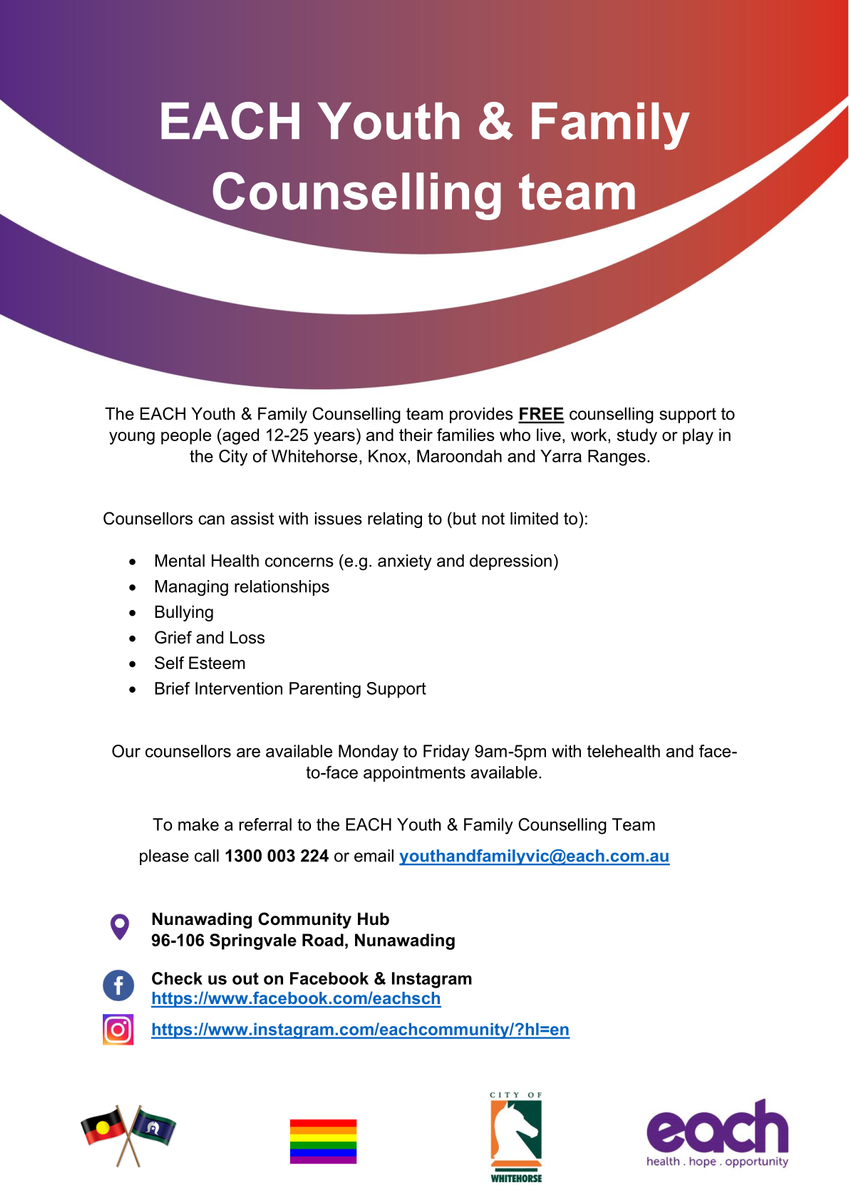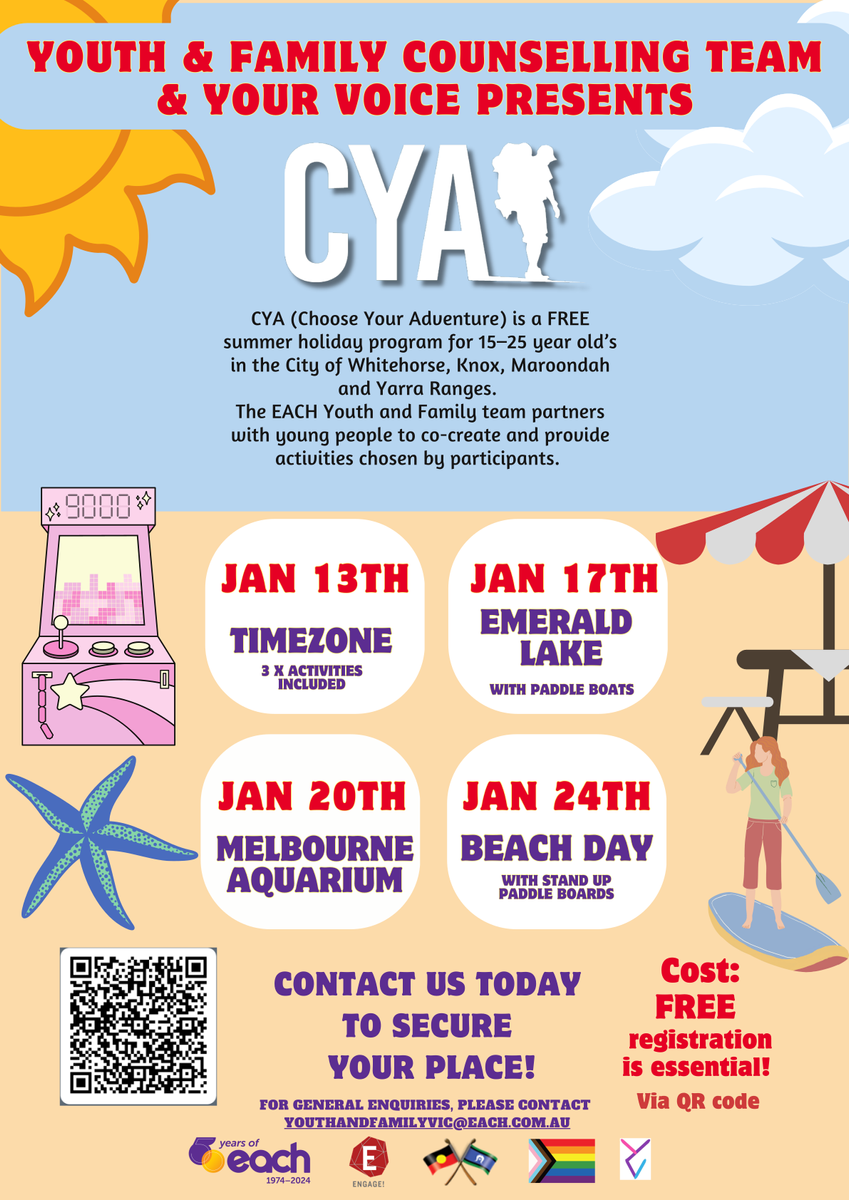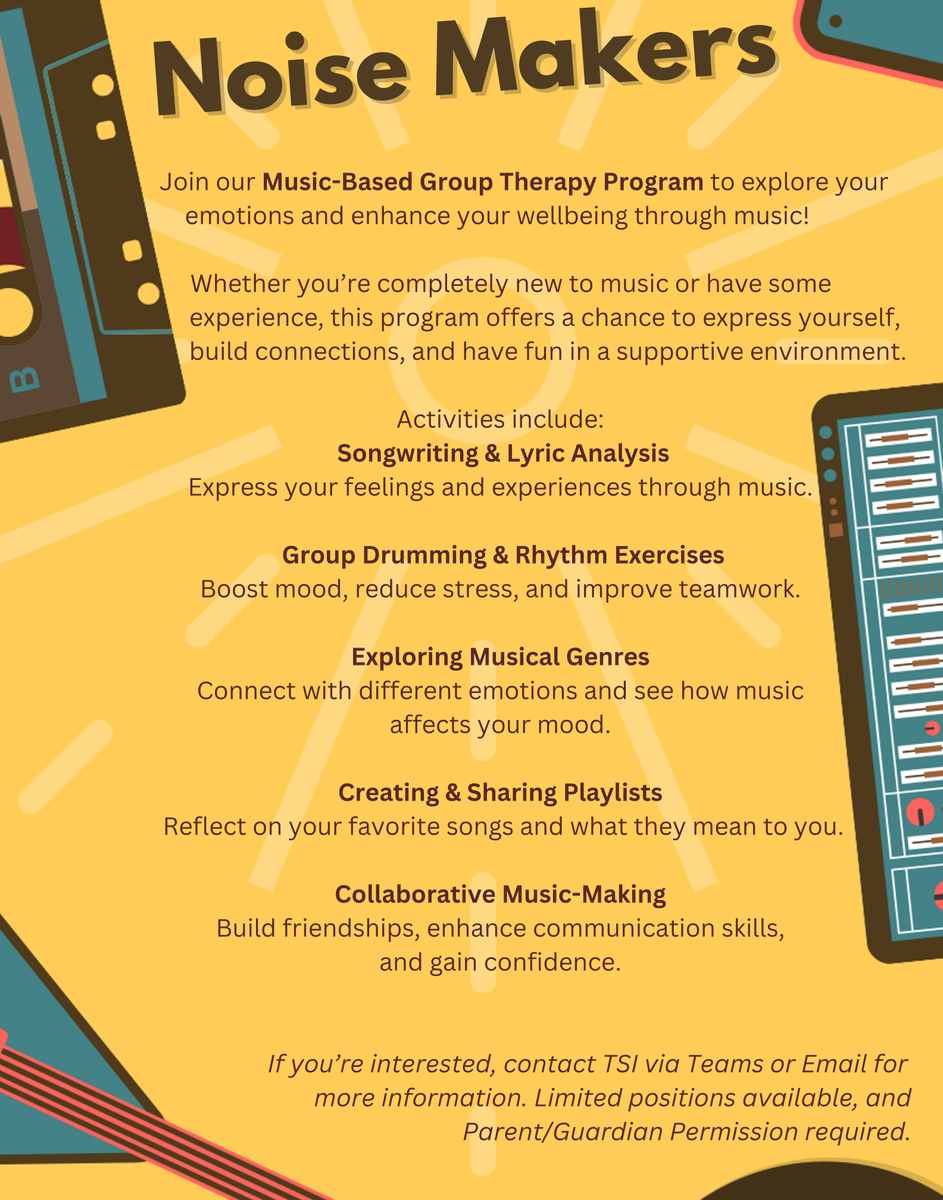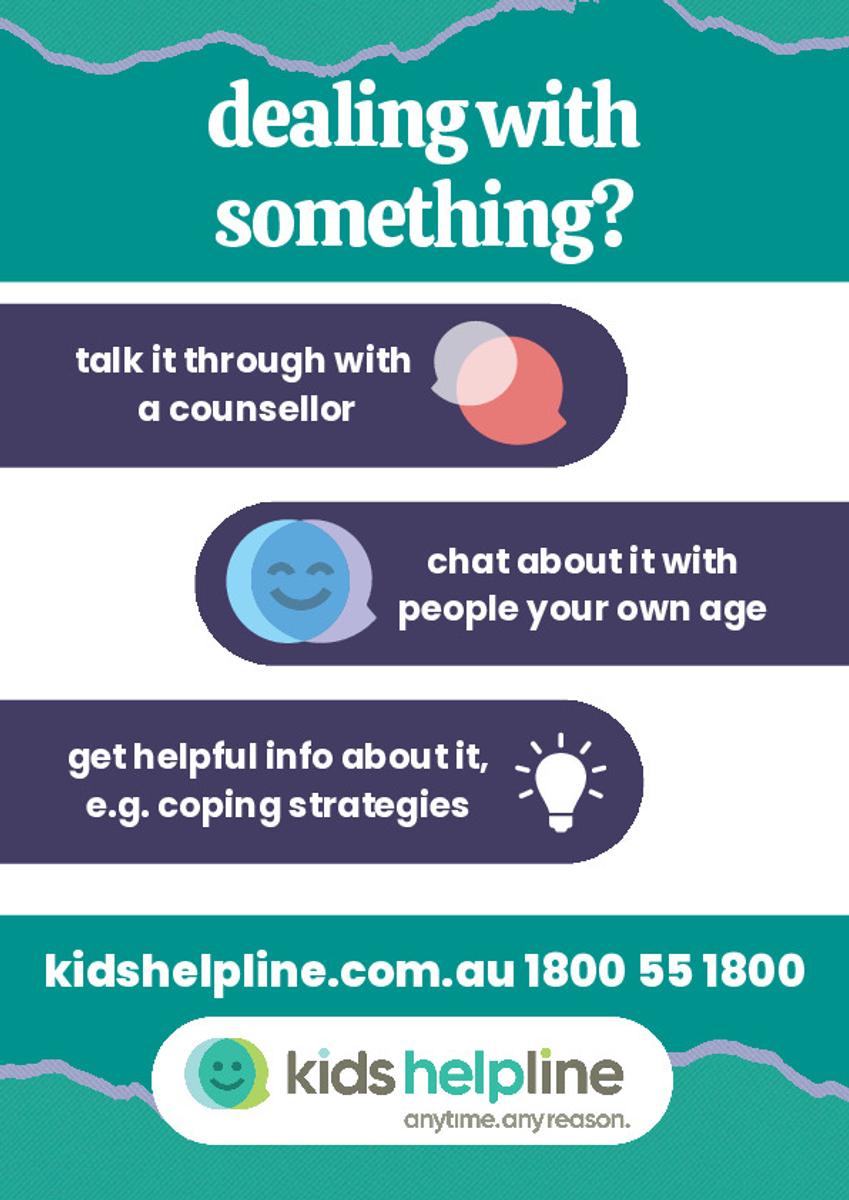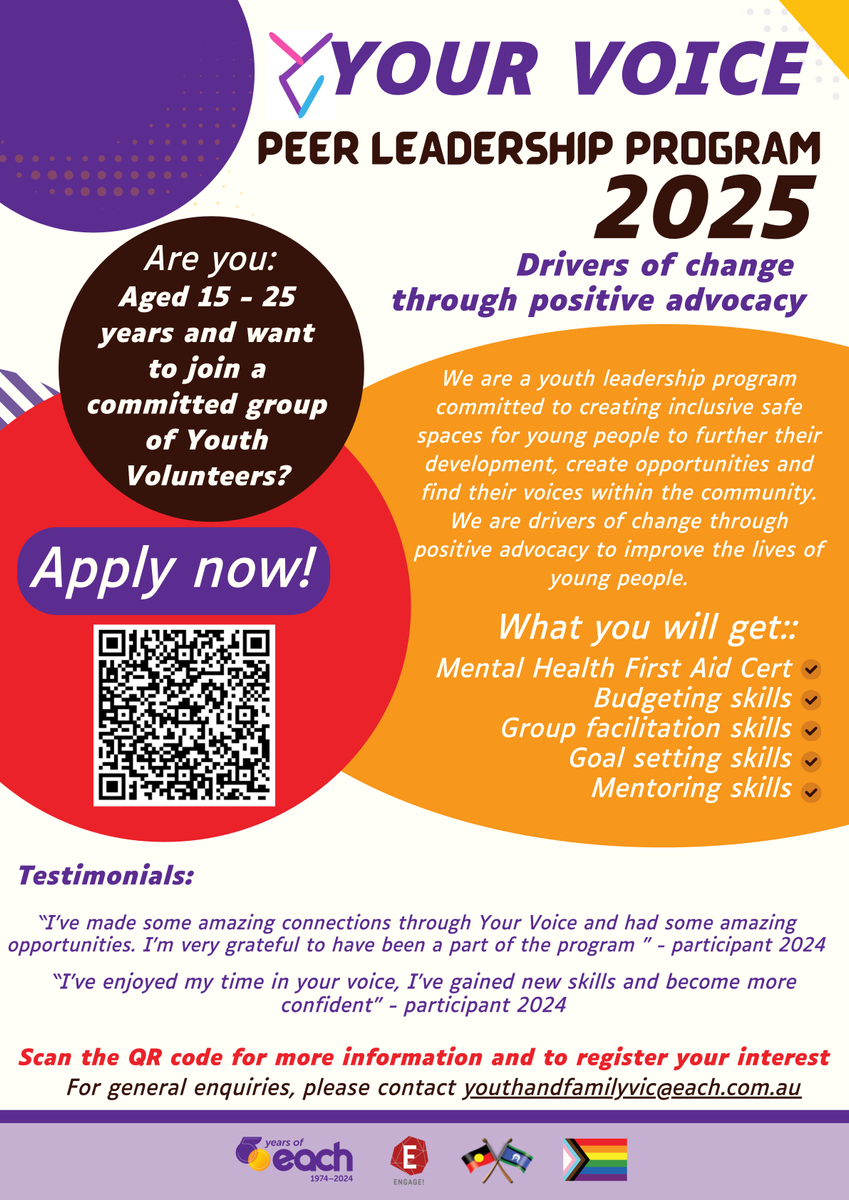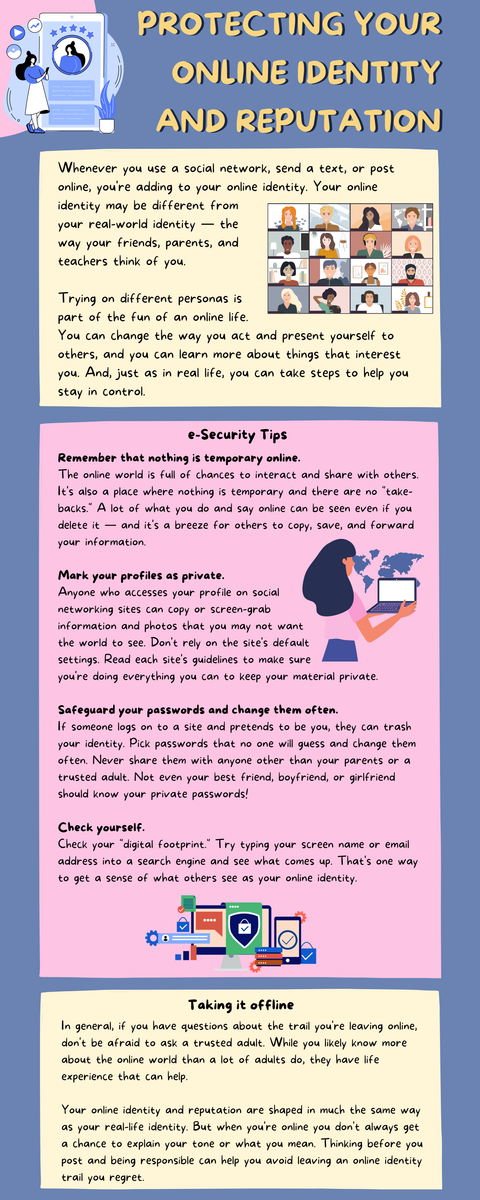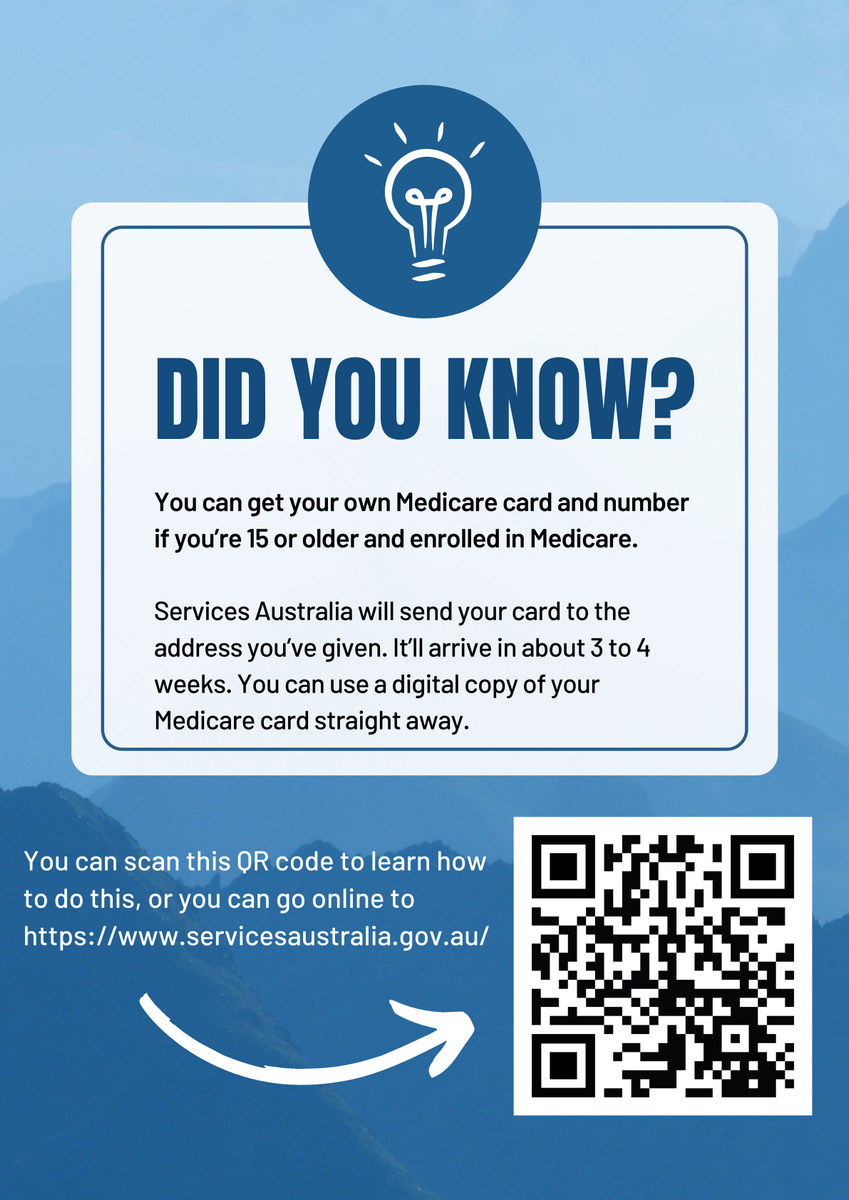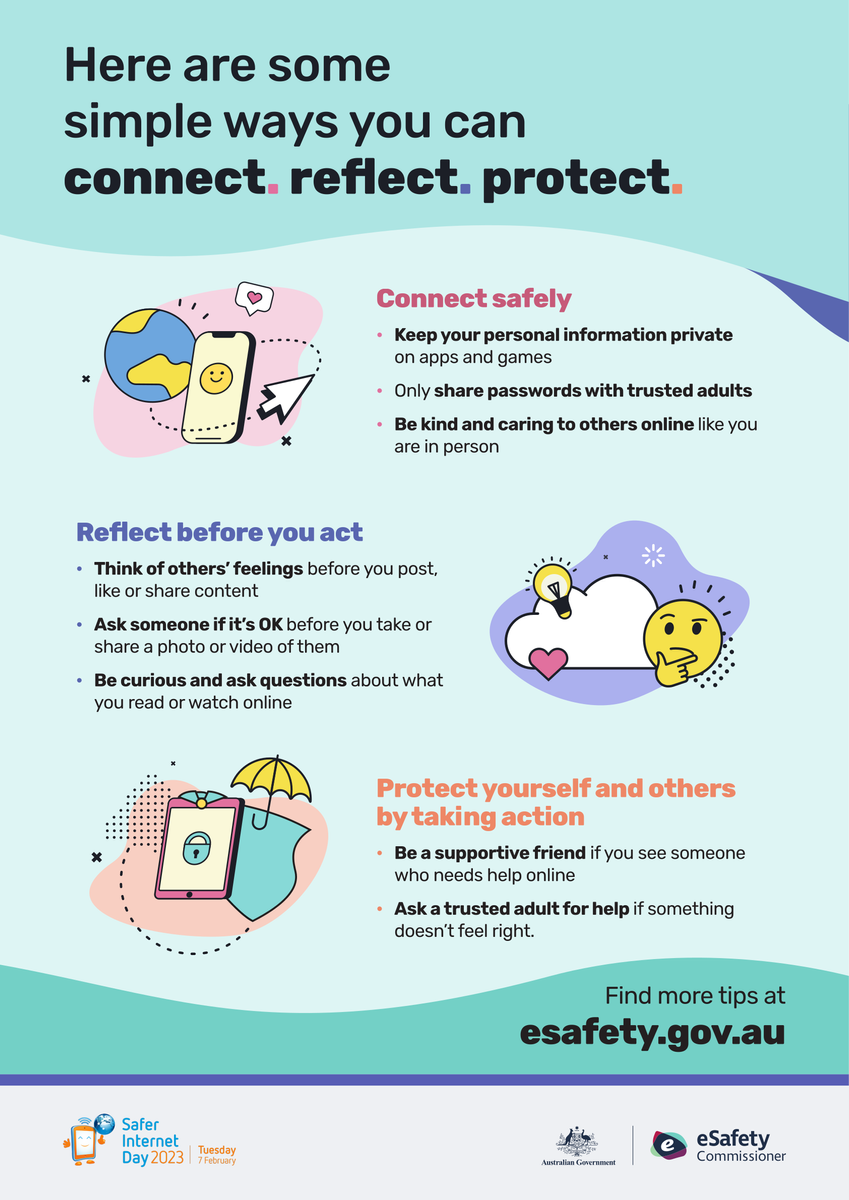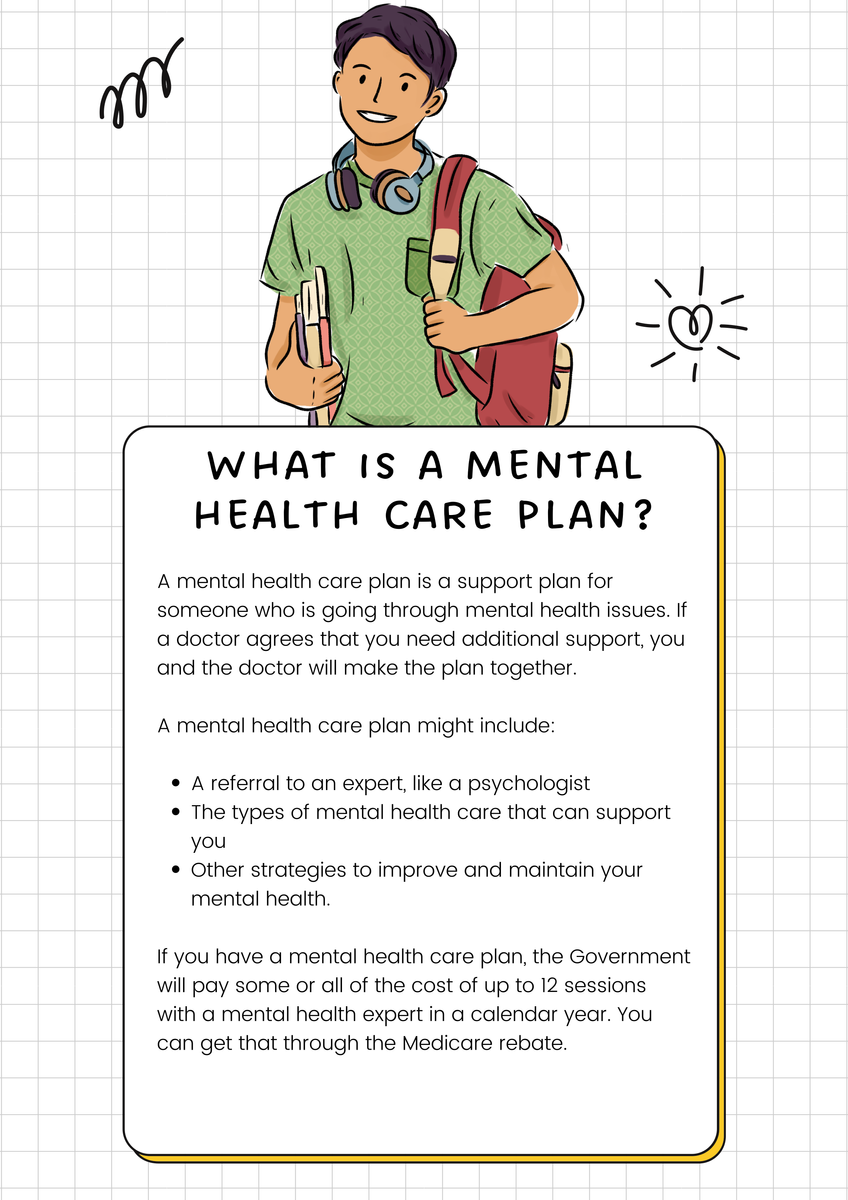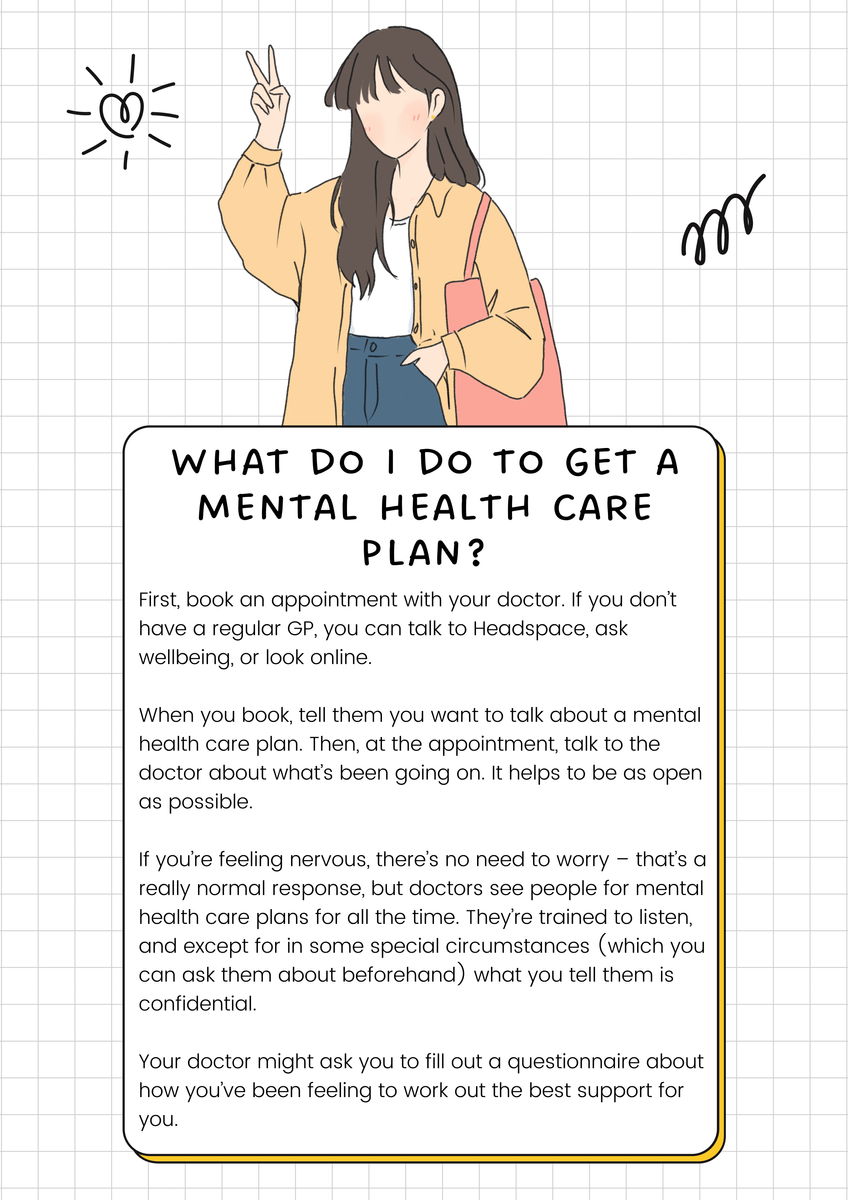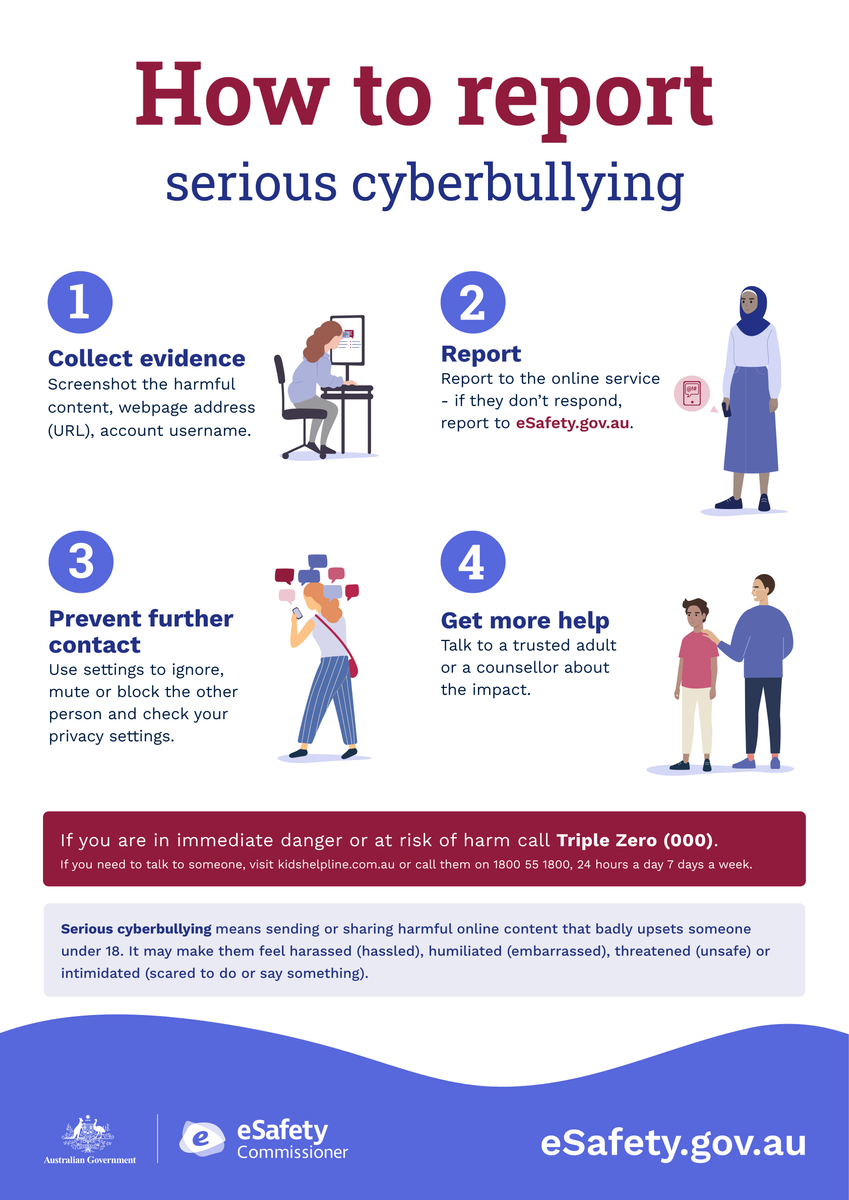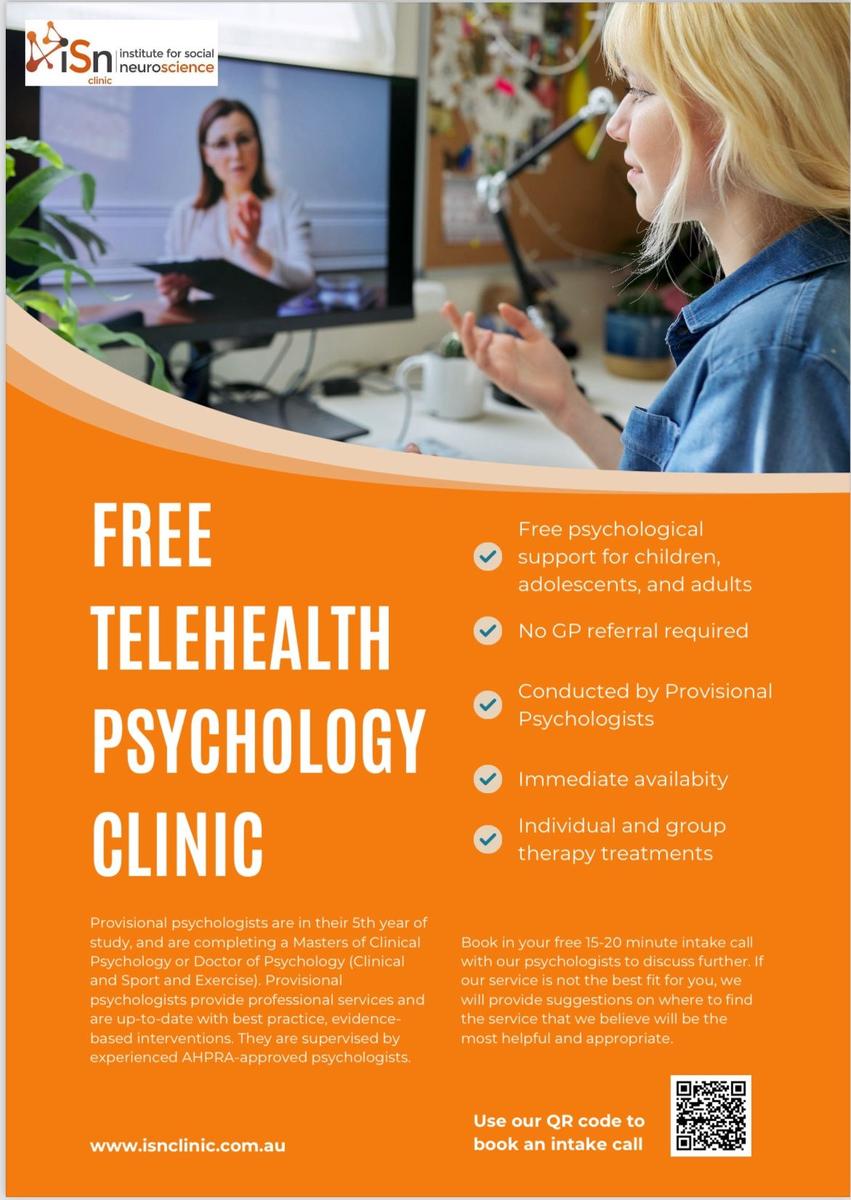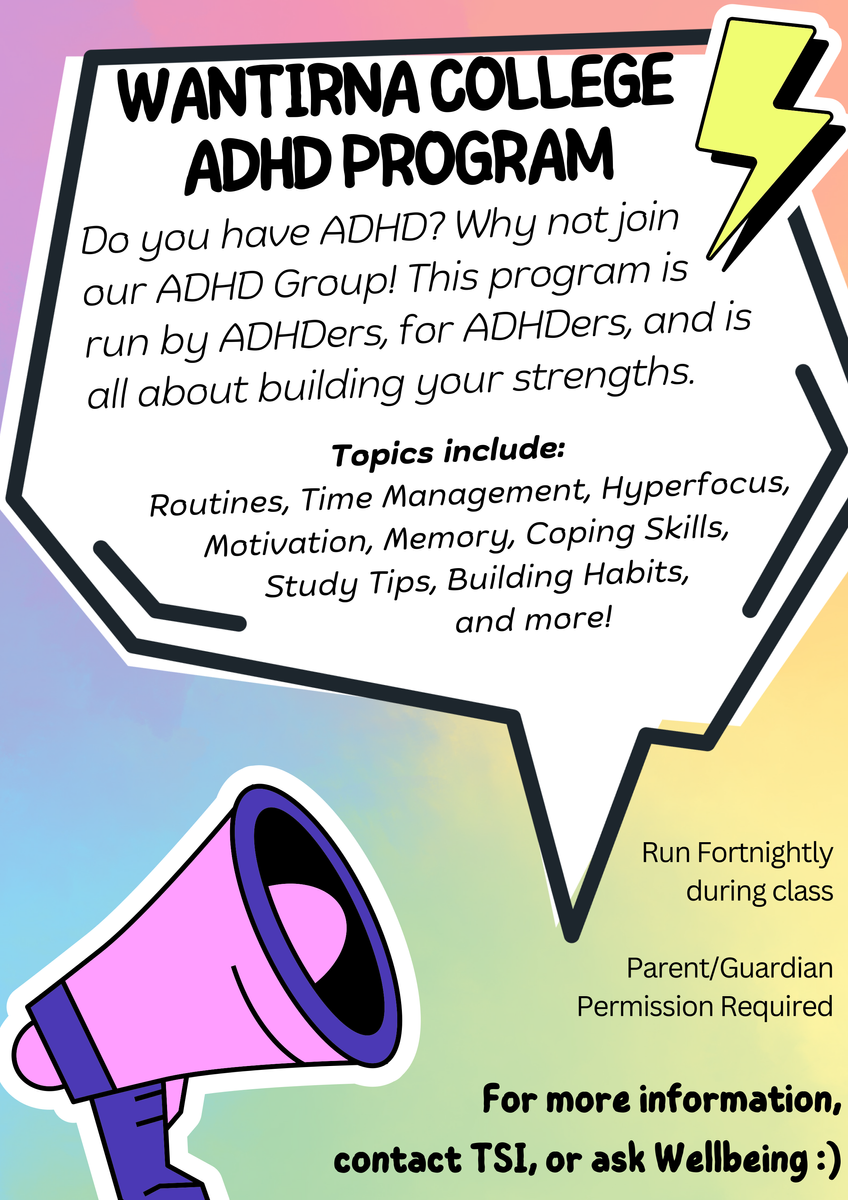Student Wellbeing
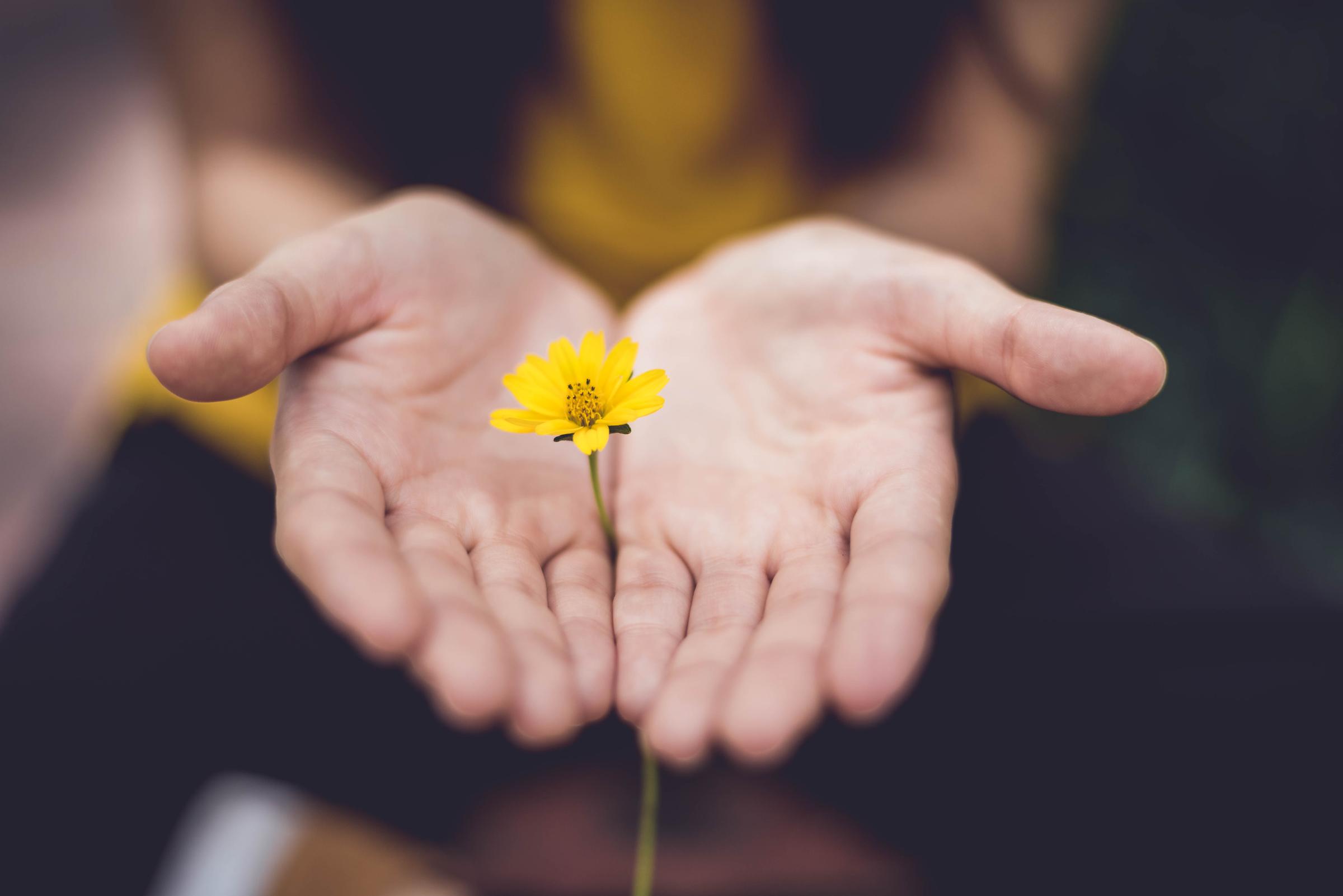
Tips for Catching More Zzzs!
Let's talk about something that affects pretty much everything in your life—sleep. You’ve probably heard it over and over, but getting enough sleep really does matter. It’s not just about feeling rested; it’s about feeling your best.
When you sleep, your body is hard at work. It's like your personal repair crew: your muscles get a chance to recover, your brain processes everything you’ve learned, and your heart and metabolism get the care they need. The goal is usually about 8-10 hours of sleep each night, but it can vary from person to person.
Common Sleep Struggles
Not Enough “Me Time” During the Day
Do you find yourself staying up late just to get a little time to yourself? If you’re always busy and never have time to unwind, it can mess with your sleep. Not having a chill break during the day means you might try to make up for it at night, which can keep you up even later. Try adding in more for yourself during the day to help you rest easier at night.
Anxiety and Overthinking Ever feel like your brain won’t shut off when you try to sleep? Anxiety can make it hard to relax. If you’re holding on to stress or anxious thoughts all day, they tend to hit hardest at night when there are fewer distractions. Instead of pushing the thoughts away, try to let them come and go—finding ways to deal with them can help you sleep better. Looking to try out some techniques? Maybe try THIS. 😊
Caffeine Too Late Coffee, tea, energy drink or any other caffeine can mess with your sleep. Even if you don’t feel the effects right away, it can still impact your sleep quality. A good rule? No caffeine after midday.
Screen Time Before Bed Staring at your phone or computer late at night can also mess with your sleep. Screens emit blue light, which messes with your sleep hormone (melatonin). If you can’t avoid screens, try switching your devices to "night mode" in your settings to reduce the blue light.
Extra Tips for Better Sleep
Set a consistent bedtime. Going to bed at the same time every night helps set your body clock.
Take a wind-down hour before bed. Do something relaxing, like reading, stretching, or listening to calm music.
Create a calming environment. Try white noise or soothing sounds to help you drift off.
The key to feeling good during the day starts with a good night’s sleep. Give these tips a try and see how they can improve the quality of your rest!
Talea-Jane Simpson
Acting Leader of Wellbeing
tsi@wantirnacollege.vic.edu.au
Youth Support Services
headspace: visit headspace.org.au to find your nearest centre or call headspace on
1800 650 890.
Kids Helpline:
1800 55 1800 or kidshelpline.com.au
ReachOut: reachout.com.au
SANE Australia: 1800 187 263 or sane.org
National 24/7 crisis services
Lifeline:13 11 14 or lifeline.org.au
EACH Community Health: 1300 003 224
Knox Youth Services: 9298 8469
Suicide Call Back Service: 1300 659 467 or suicidecallbackservice.org.au
beyondblue:
1300 224 636 or beyondblue.org.au
Student Wellbeing Team
Email: wellbeing@wantirnacollege.vic.edu.au
Talea-Jane Simpson – Acting Wellbeing Leader
Courtney Moran – Acting Wellbeing Leader
Guiseppe Relia – Wellbeing Coordinator
Sanela Avdic - Wellbeing Counsellor
Tajinder Wulff - Mental Health Practitioner
Katrina Gyngell - Mental Health Practitioner

